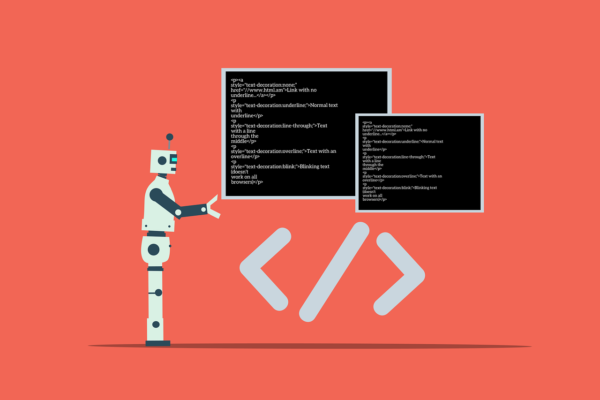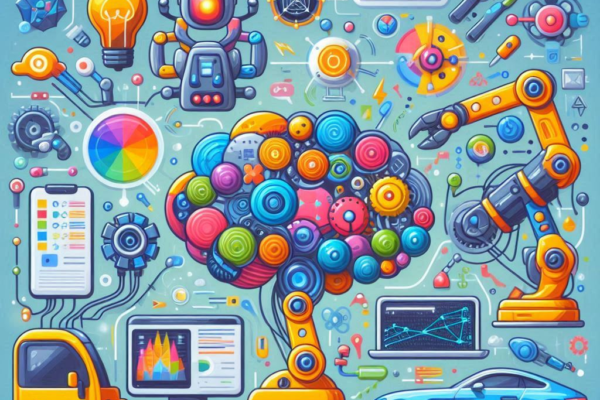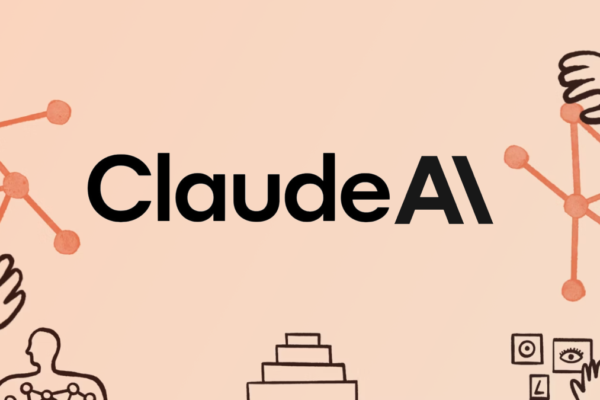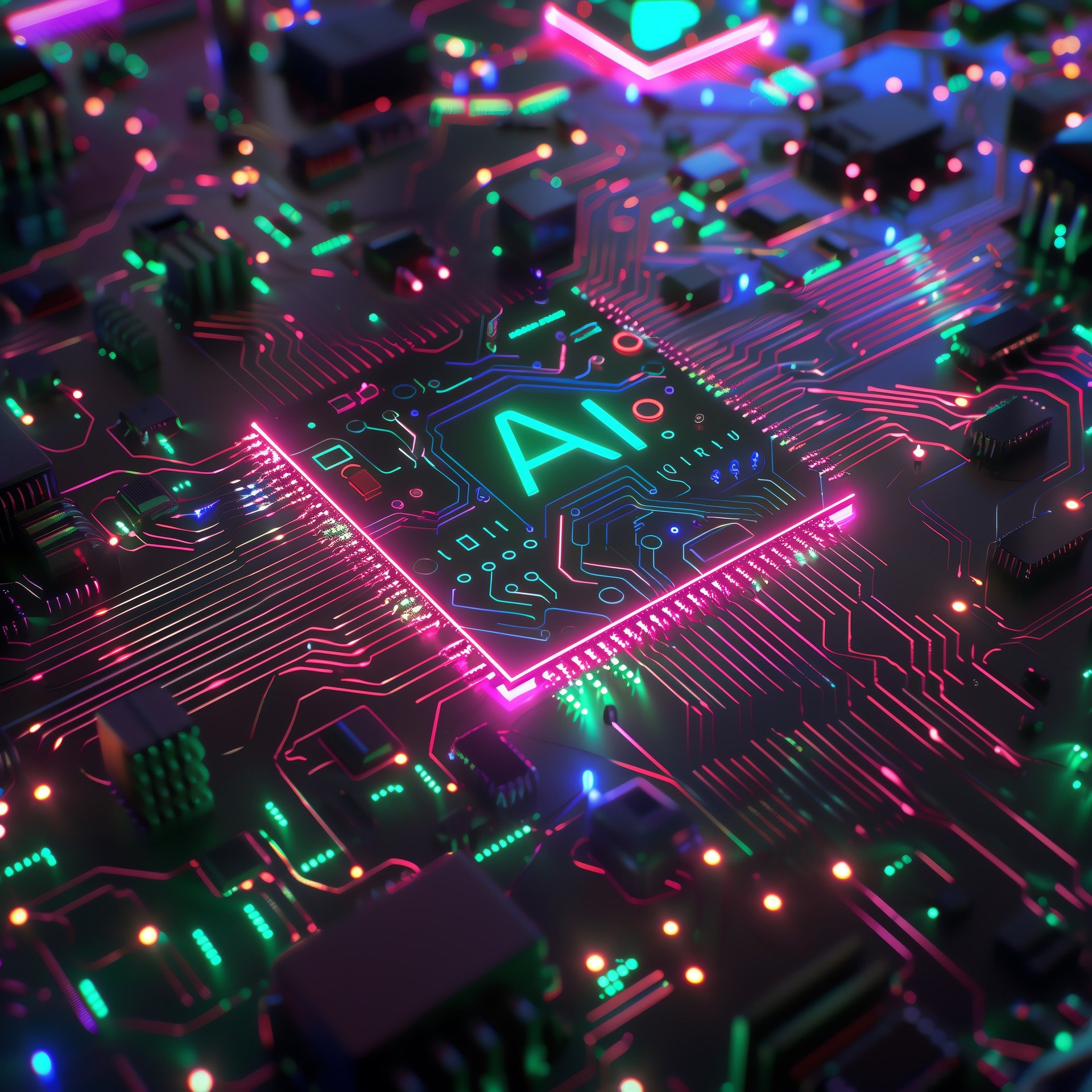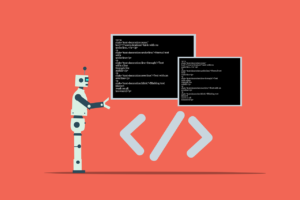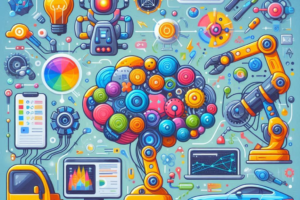Artificial Intelligence (AI) has rapidly evolved from a futuristic concept to an integral part of our daily lives. From virtual assistants like Siri and Alexa to advanced machine learning algorithms that predict our preferences, AI is reshaping the way we interact with technology and the world around us.
Understanding AI
At its core, AI refers to the simulation of human intelligence in machines. These systems are designed to perform tasks that typically require human intelligence, such as learning, reasoning, problem-solving, and understanding natural language. AI can be broadly categorized into two types: narrow AI and general AI. Narrow AI is designed for specific tasks, like facial recognition or language translation, while general AI aims to perform any intellectual task that a human can do.
Applications of AI
The applications of AI are vast and varied, impacting numerous industries:
- Healthcare: AI is revolutionizing healthcare by enabling early diagnosis of diseases, personalized treatment plans, and efficient management of medical records. AI-powered tools can analyze medical images with remarkable accuracy, often surpassing human capabilities.
- Finance: In the financial sector, AI algorithms are used for fraud detection, risk management, and automated trading. These systems can process vast amounts of data at lightning speed, identifying patterns and making decisions that would be impossible for humans to achieve in real-time.
- Retail: AI enhances the retail experience through personalized recommendations, chatbots for customer service, and inventory management. By analyzing customer behavior, AI helps retailers optimize their operations and improve customer satisfaction.
- Transportation: Self-driving cars are one of the most exciting developments in AI. These vehicles use a combination of sensors, cameras, and AI algorithms to navigate roads and make real-time decisions, promising to reduce accidents and improve traffic flow.
- Education: AI is transforming education by providing personalized learning experiences, automating administrative tasks, and offering intelligent tutoring systems. These advancements help educators focus more on teaching and less on paperwork.
Challenges and Ethical Considerations
Despite its many benefits, AI also presents significant challenges and ethical considerations. One major concern is the potential for job displacement as machines become capable of performing tasks traditionally done by humans. While AI can create new job opportunities, there is a need for reskilling and upskilling the workforce to adapt to these changes.
Another critical issue is bias in AI systems. Since AI algorithms are trained on data, they can inadvertently learn and perpetuate biases present in that data. Ensuring fairness and transparency in AI decision-making processes is crucial to prevent discrimination and promote equality.
The Future of AI
The future of AI holds immense potential. As technology continues to advance, we can expect AI to become even more integrated into our lives. Innovations such as quantum computing could further enhance AI capabilities, enabling more complex problem-solving and faster processing speeds.
Moreover, AI has the potential to address some of the world’s most pressing challenges, from climate change to healthcare accessibility. By harnessing the power of AI responsibly, we can create a future where technology works hand in hand with humanity to improve our quality of life.
Conclusion
Artificial Intelligence is not just a technological advancement; it is a transformative force that is reshaping our world. As we continue to explore its possibilities, it is essential to approach AI development with a focus on ethics, fairness, and inclusivity. By doing so, we can ensure that AI serves as a tool for positive change, benefiting society as a whole.
I hope this post meets your needs! If you have any specific points or additional details you’d like to include, feel free to let me know.

